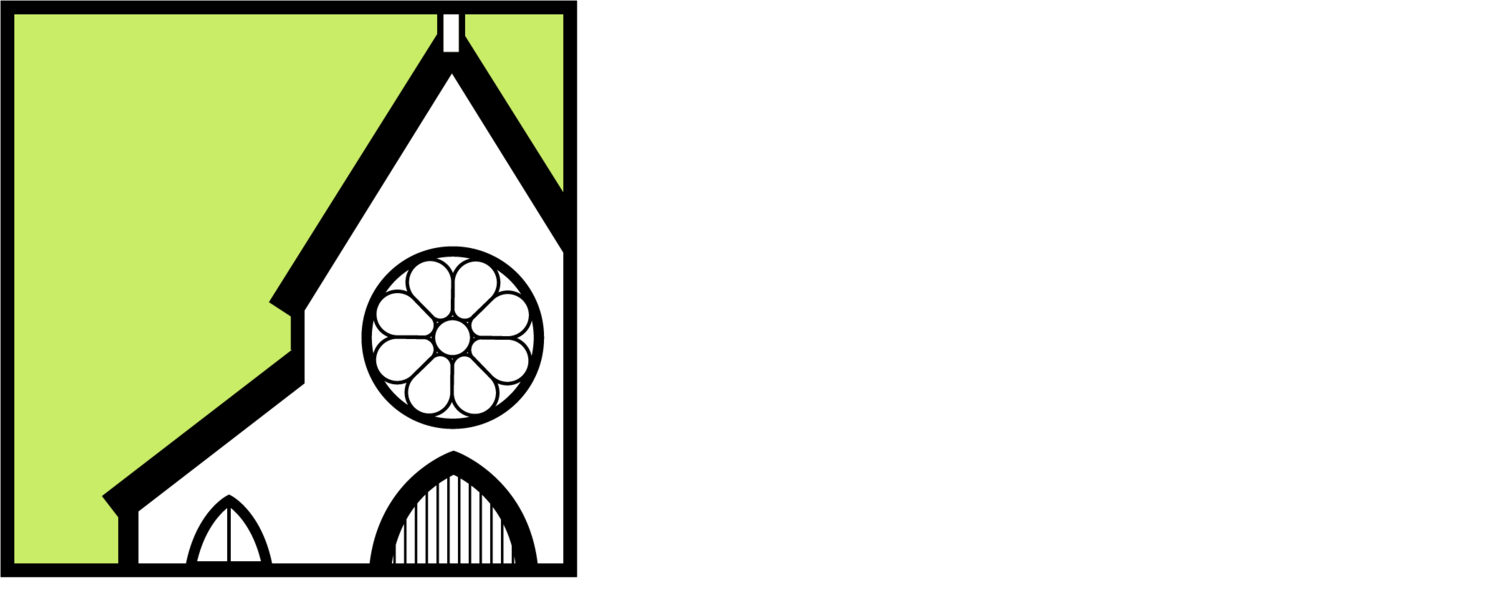As Canadians, when it comes to actions we can take to protect the climate, we automatically think about energy conservation. We head over to the local hardware store for some caulking, insulation, a new Energy Star window etc., to fix up our buildings that will in turn, help lower maintenance costs, save energy, and save the planet.
But that only works if you live in a city or close to a large hardware store. Have you thought about how difficult it is to get an energy audit for a fishing port village church on a remote coast of Newfoundland, with the nearest energy auditor over three hours away? Have you thought about trying to fly in new windows and doors to a remote northern Manitoba reserve’s church without any being damaged?
These are real challenges faced by people who experience nature at its most powerful. In contrast, those of us with steady, reliable power, clean drinking water, and experts who are accessible to us in under an hour, forget that what we have is not common for most rural communities.
Rural Church, Alberta. By Debby Hudson on Unsplash.
The United Church of Canada (UCC) recognized this concern when launching the Faithful Footprints program for United Church properties. With UCC’s commitment to reducing its greenhouse gases (GHG) emissions 80% by 2050, this one of a kind program offers grants, tools and inspiration to this end. It offers up to $30,000 in grants towards energy conservation and renewable energy projects (conditions apply).
Since Faith & the Common Good is the delivery partner, and I am the Building Manager for this national organization, I was asked to be the voice on the other end of the phone for interested congregations. I am a sustainable building consultant, a building scientist, and a heritage professional specializing in faith community buildings. Ya got me: I’m a nerd! I’m a nerd not just for downtown city churches, but for the rural churches reaching out, wanting to know what they can do because they see the effects of climate change more than most; because they care as much as anyone else.
As of June 2021, over 200 UCC congregations, camps, and buildings across the country have participated in the program. Your participation in this program puts our faith into action and helps UCC reach its target.
Left to right: Emma Norton (Ecology Action Centre), Tom Urbaniak (FCG Chair), Stephen Collette (FCG Building Manager). Union Presbyterian Church, Louisbourg, Nova Scotia.
More help is at hand
Need more help? Start with downloading the free guides that we have on our website. The DIY Faith Building Energy Audit Guidebook and the Energy Star Action Workbook for Congregations are amazing, free resources that you can read, learn from, and even take action!
You can also utilize our professional knowledge with virtual Green Audits that look at energy, air quality, food, water, waste, maintenance, rental agreements, heritage and much more.
The more you can learn about your building, the more you can save energy, minimize maintenance costs, and maximize the usage of your place of worship.
Stephen Collette is the Building Manager for Faith & the Common Good and can be reached at 705-652-5159 EDT, scollette@faithcommongood.org
Faith & the Common Good is the delivery partner for UCCs Faithful Footprints program.



